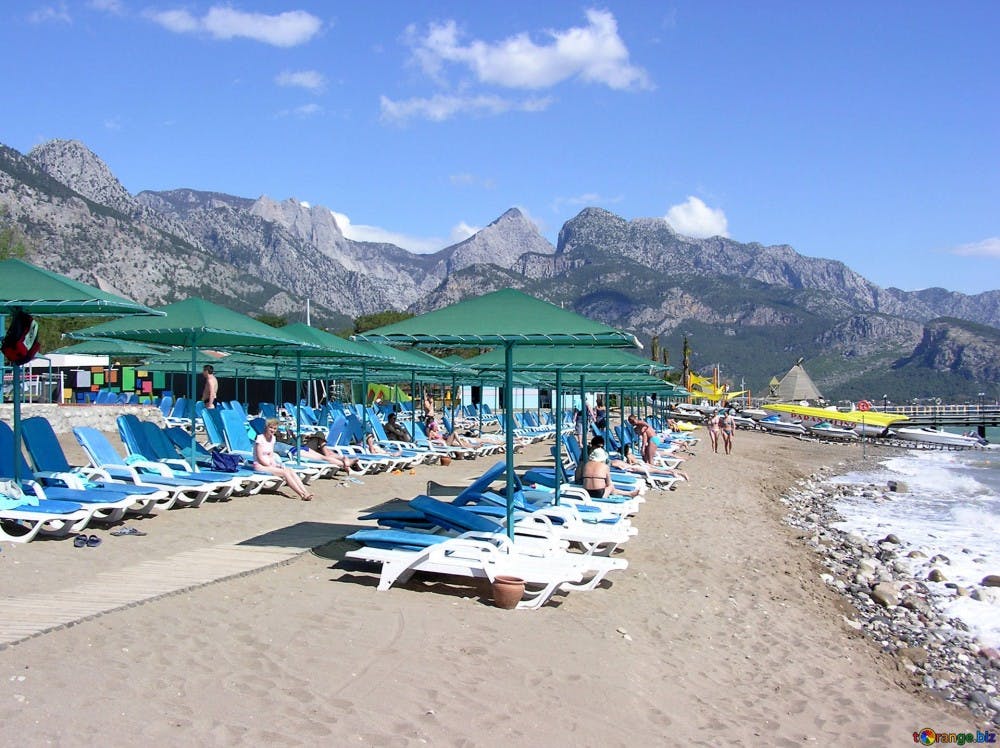This past week, many students returned to campus after exciting travels over Intersession. When planning a trip, most people consider budget, location, and the people joining them. One thing, however, is often left off of the list: tourism’s impact on the environment and local communities. Though they may not find it glamorous or exciting to think about, students should attempt to travel sustainably in the various breaks that allow for that opportunity. The effects of not doing so are critically detrimental.
In terms of environmental impact, road and water congestion and the overuse of scarce resources destroy the natural and cultural landscapes on which the tourism industry depends. Beyond the environmental impact, however, mass tourism can uproot the local communities and destroy cultural traditions in favor of practices that support tourism.
It can also lessen the profit margins of smaller industries not catered toward tourism, placing economic burden on local people and moving the profits towards the large companies operating the mass tourism. This may contribute to conformity between popular destinations, as the same companies gain monopolies over the tourism industry and instill the same elements in each of their sites of operation. Thus it is clear that finding alternative ways to travel is necessary for lessening these negative impacts.
Many think of sustainable travel as eco-tourism: focusing on reducing environmental impact while also taking advantage of the outdoor-focused sights and experiences. However, the concept goes far beyond this aspect: the World Tourism Organization defines sustainable travel as travel that considers all current and future economic, social, and environmental impacts while addressing the needs of all involved parties. The impact of tourism on the environment is crucial, but so is the impact on the individuals as well as the systems embedded within destination communities.
The World Tourism Organization emphasizes that tourists should contribute to inter-cultural understanding and tolerance by respecting the authenticity and sociocultural autonomy of the cultures embedded within the destinations. The massive resorts found in beach destinations can be enjoyable, but they don’t necessarily foster a better understanding of the heritage or values of the places they are located.
Perhaps, then, students should seek experiences that maintain a sense of authenticity, such as local hostels or home-sharing programs like Airbnb and VRBO. Inauthenticity can also be found in experiences outside of resorts, such as large tour groups. Though these can be efficient, students should seek programs that genuinely teach travelers about the cultures they are visiting, rather than simply sensationalizing or romanticizing the sights for the sake of a profit.
Another important aspect of sustainable travel is using tourism to ensure “stable employment and income-earning opportunities and social services [in] host communities“ and to contribute to “poverty alleviation.” The majority of the resources travelers spend in their destinations should go to local individuals, not to foreign tourism industries operating within the destinations. There is a wide range of options for tours or accommodations that focus on this tenet.
For example, a non-profit called Go Light Our World (GLOW) leads yoga retreats all over the world and donates the vast majority of its profits to initiatives to diminish poverty in these locations by installing solar panels. The prices of GLOW’s retreats are largely the same as companies that lack the social impact focus. GLOW is just one of many non-profits currently operating with the purpose of offering opportunities for socially impactful travel. Even without using a non-profit organization, travelers can choose to spend their money at hotels, stores, and other companies that are run locally instead of externally, as this means that the resources spent will likely spread throughout the local community as opposed to a large corporation.
Tourism’s environmental impact is also crucial for students to consider when planning their travels, even if it is just one aspect of sustainable travel. Eco-tourism’s simplest form involves choosing eco-friendly hotels and resorts that focus on reducing their environmental impact. One can also go above and beyond and choose trips solely based on learning more about the environment and how to help its recovery in today’s highly tumultuous atmosphere. Across the globe, there is a lot to learn about conservation efforts and regional environments; taking advantage of this is certainly a worthwhile way to spend Intersession or fall break.
Many students are already beginning to plan their spring breaks or post-graduation trips — I know I am thrilled to be thinking about where I’ll go after my own graduation this spring. However, students should be considering social, economic, and environmental factors in their choices to enact a positive impact on our travel destinations and so we can learn more about the world around us. By choosing more authentic and responsible forms of travel, students can make sure that the resources spent on that travel can go towards the local people and structures embedded within the destination. In turn, this maintains the important natural and cultural aspects that make the destination worth visiting in the first place.
Morgan Lucey is a senior neuroscience major from Scottsdale, Ariz. She can be reached at mslucey@princeton.edu.









